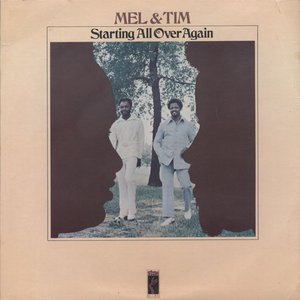Wiki
-
Length
4:36
"Respect Yourself" is the name of a classic soul song by American rhythm & blues/gospel group The Staple Singers. Released in late 1971 from their album Be Altitude: Respect Yourself, the song became a crossover hit. The Staple Singers' version peaked at #1 on KHJ, #12 on the Hot 100, #2 on the Hot Soul Singles chart, and is one of the group's most recognizable hits. Bruce Willis recorded a cover version of the song in 1987, which peaked at #5 on the Hot 100. In 2002 the song was inducted into the Grammy Hall of Fame, and in 2010 it was ranked #468 on the Rolling Stone list of the 500 Greatest Songs of All Time.
The song was written by Stax Records singer Luther Ingram and Stax house songwriter Mack Rice. Ingram, who was frustrated with the state of the world at the time, told Rice "black folk need to learn to respect themselves." Rice liked the comment so much that he built a funk groove around it, then gave the song to the Staples, who were also signed to Stax. Producer Al Bell teamed the group with the storied Muscle Shoals Rhythm Section of Muscle Shoals, Alabama, musicians who laid down classic tracks for Wilson Pickett and Aretha Franklin, and with engineer/musician Terry Manning for vocals, overdubs, and mixing, in Memphis. The horns were overdubbed by Manning after the vocals were recorded, and were played by The Memphis Horns. The confrontational song had resonance for a burgeoning self-empowerment movement for African-Americans during the post-civil-rights-movement 1970s, as well as women demanding more respect during those same years. The Staple Singers' long version featured Roebuck "Pops" Staples, nearly 57 at the time, on lead for more than two minutes.
Track descriptions on Last.fm are editable by everyone. Feel free to contribute!
All user-contributed text on this page is available under the Creative Commons Attribution-ShareAlike License; additional terms may apply.












